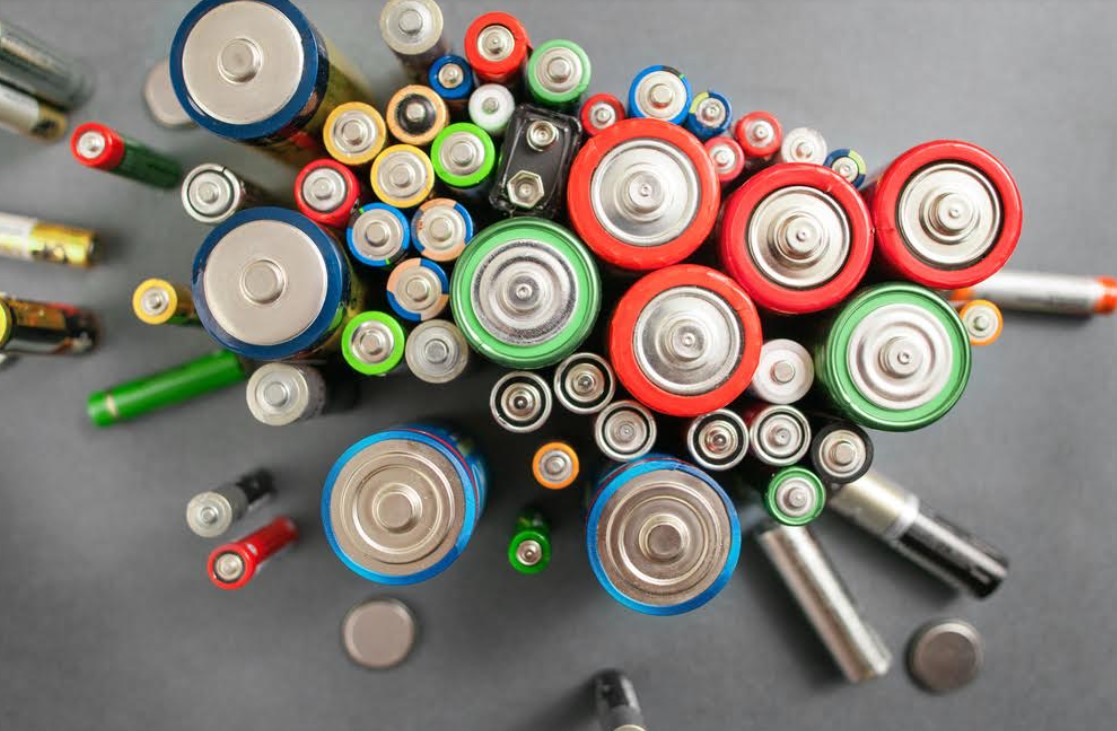
The answer to a question such as this must incorporate several important and distinct parts. Batteries are not the same type of technology as wind turbines or hydro-electric dams, with the biggest difference being, of course, that household batteries do not generate electricity, they use a chemical process to produce it.
Larger batteries are though an energy storage system, but one that is always associated with any other kind of sustainable energy. This might seem a bit weird, especially when we consider that batteries themselves are actually not renewable technology.
Batteries are often filled up with energy from non-renewable sources, which is the most obvious case of batteries being less than green. However, consider also that batteries are not particularly well recycled, the manufacturing process is not sustainable, and production of them on a large scale depletes certain valuable resources (lithium) and often damages the local environment. For sure, batteries don’t immediately strike us as green technology, but they very often can be.
Sustainable Batteries
Batteries manage to be sustainable in two ways, when recharging reduces wase by stopping batteries from being thrown out so often. And they are also renewable when they are paired up with other sustainable forms of energy.
A good example of that former case is the AA, 9V, D, and AAA USB C-Type rechargeable batteries, such as those produced by tech company Pale Blue Earth. These are household batteries for devices with a smart battery management system and high efficiency.
When it comes to batteries as part of other renewable energy systems, it’s easy to see that you need a battery for almost every one of them. The energy produced simply needs to be stored somewhere, and a large rechargeable battery is how that is achieved. Solar batteries, for example, are not a power source (that’s the sun) – they are just the place where the power is stored.
So, it seems highly likely that batteries have a significant role to play in our gradual move towards a sustainable future. Nevertheless, there are other reasons for this too, beyond the relatively obvious.
High Tech
The advancements in battery technology of late have been remarkably high tech, making use of substances never before used for energy generation. The direction of progress though is nearly always towards increasing the efficiency and power of the batteries while reducing the charging time. In other words, it is batteries doing what they’ve always done, just better.
This is how new batteries can be thought of as sustainable. An inefficient battery will waste power and use more for its intended function, a better battery will save in this department. Given that batteries have always lost some of the energy to non-function expenditure, this is by definition a green move.
The Cars
Something of an elephant in the room is the rise of the EV and the effect this is likely to have on our environmental efforts. Certainly, reducing carbon emissions on the roads to zero can be expected to help (a lot), but we must remember the challenges here.
For example, we are going to need a lot more batteries over the next few decades than we currently have, and their manufacture is not sustainable. How we get round this is just another of the energy challenges that battery power very frequently brings with it.
And here we come to the crux of the matter – batteries are not themselves renewable or carbon-free technology, but they supplement the efforts of other technologies and make possible the functionality they rely on. If this is borne in mind, then batteries undoubtedly have their place in our environmental efforts going forward.
